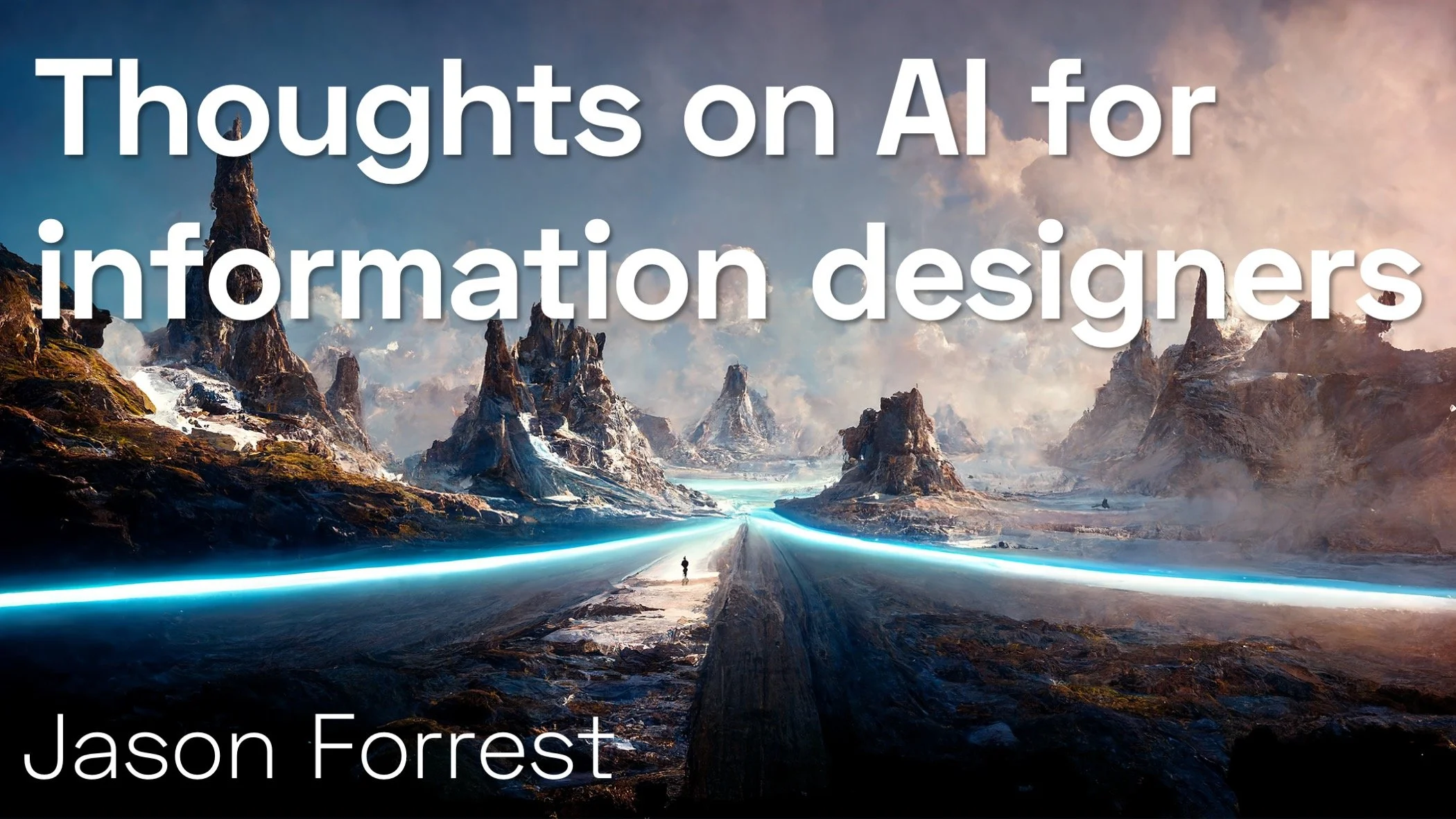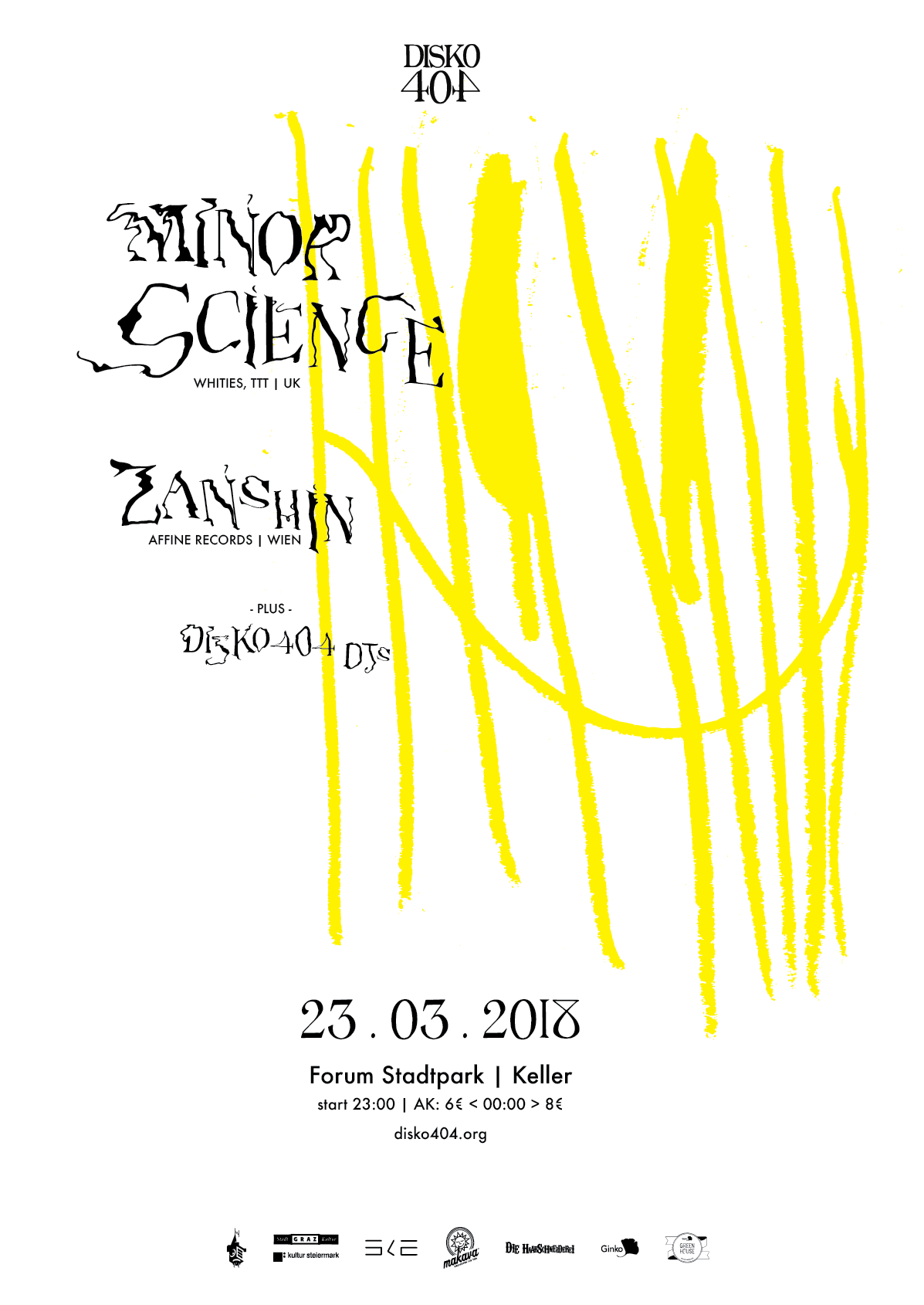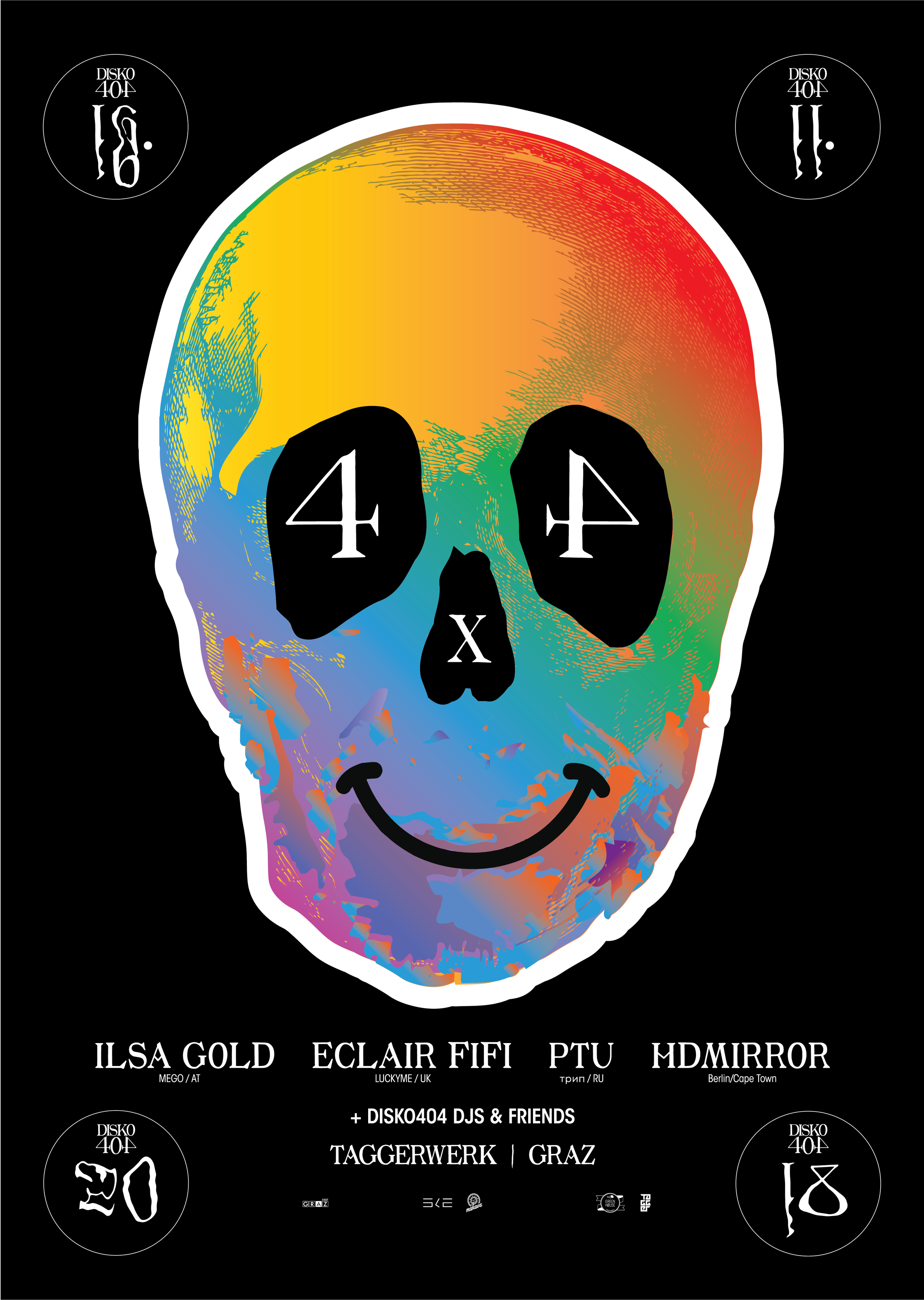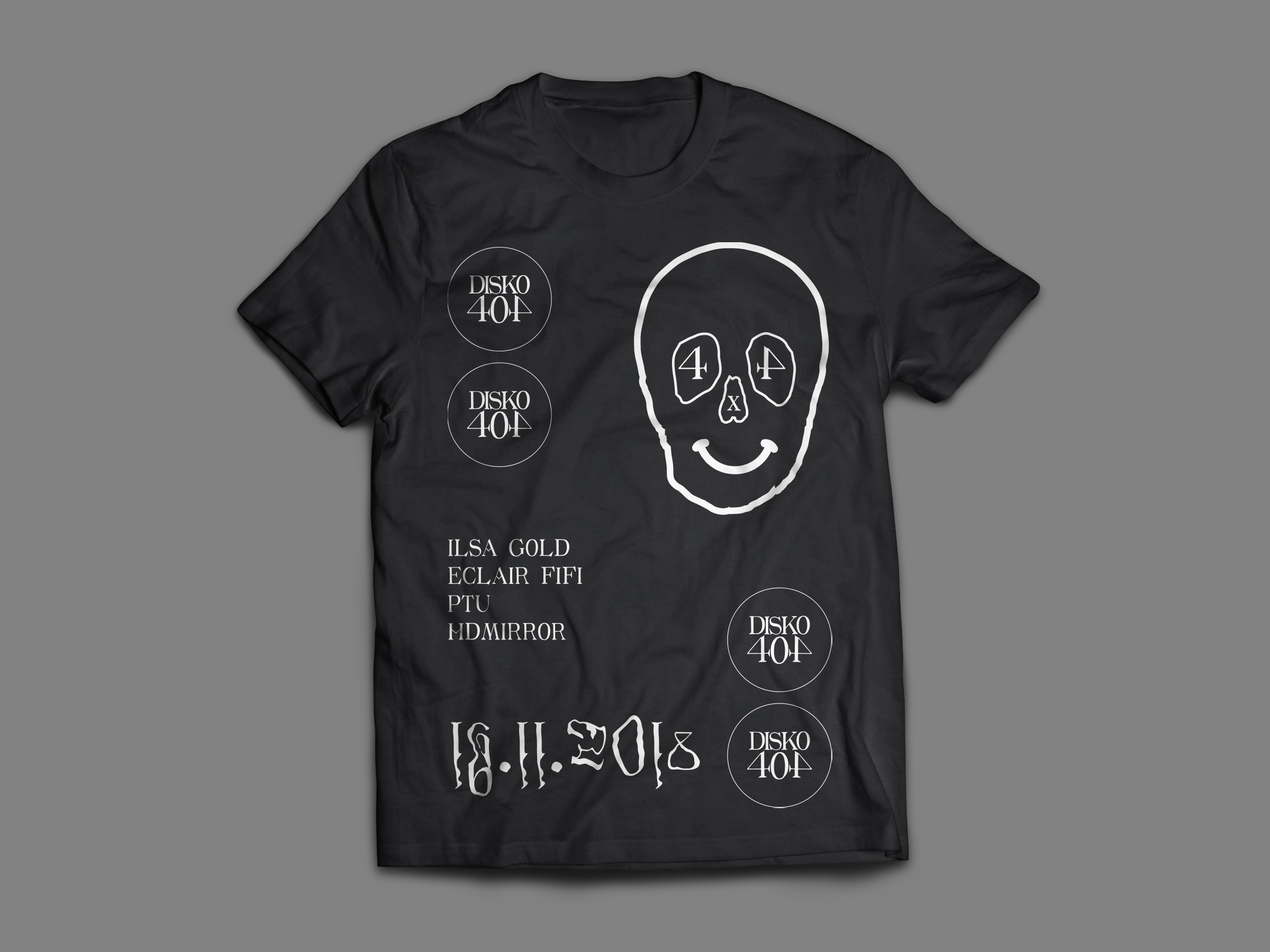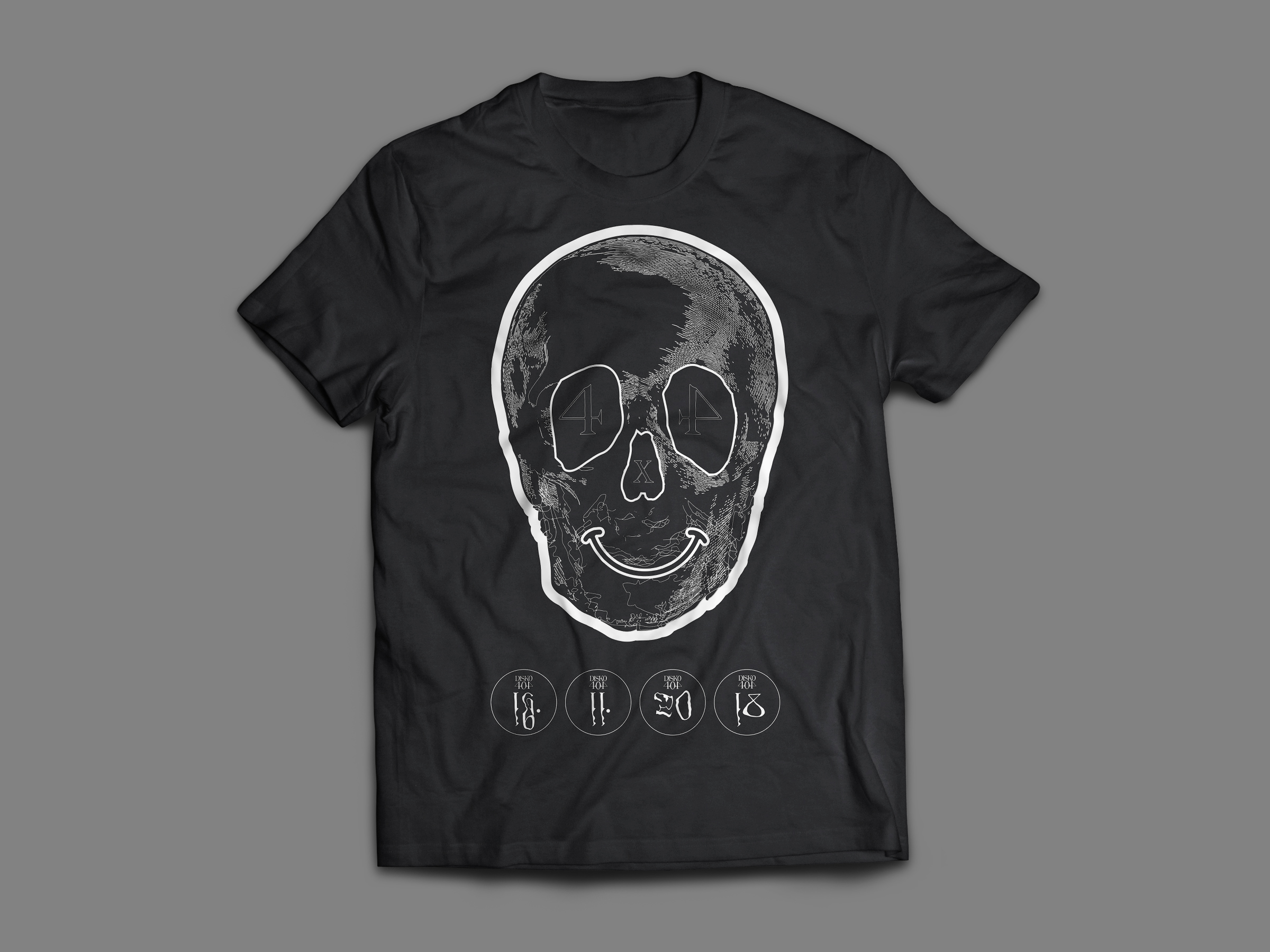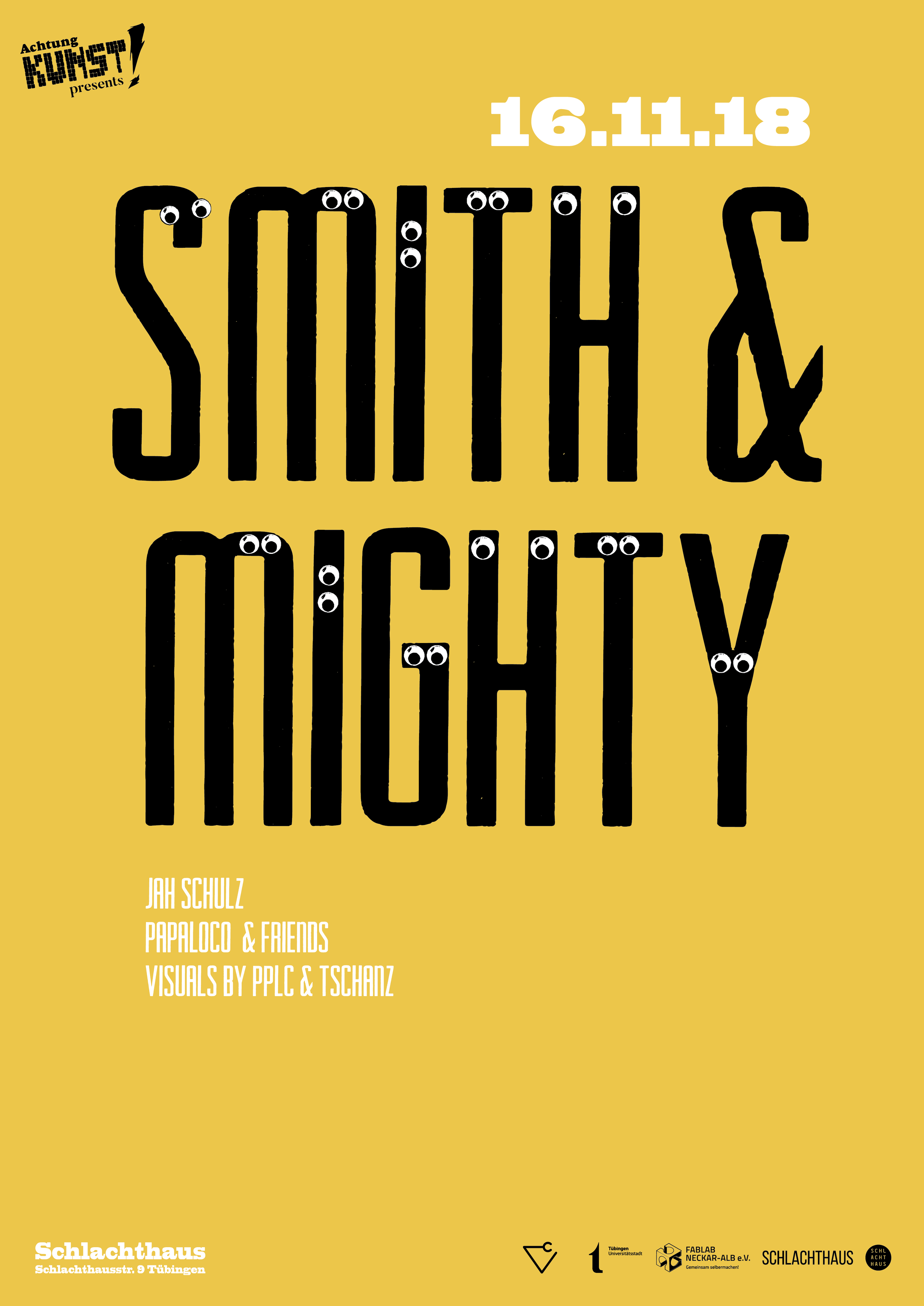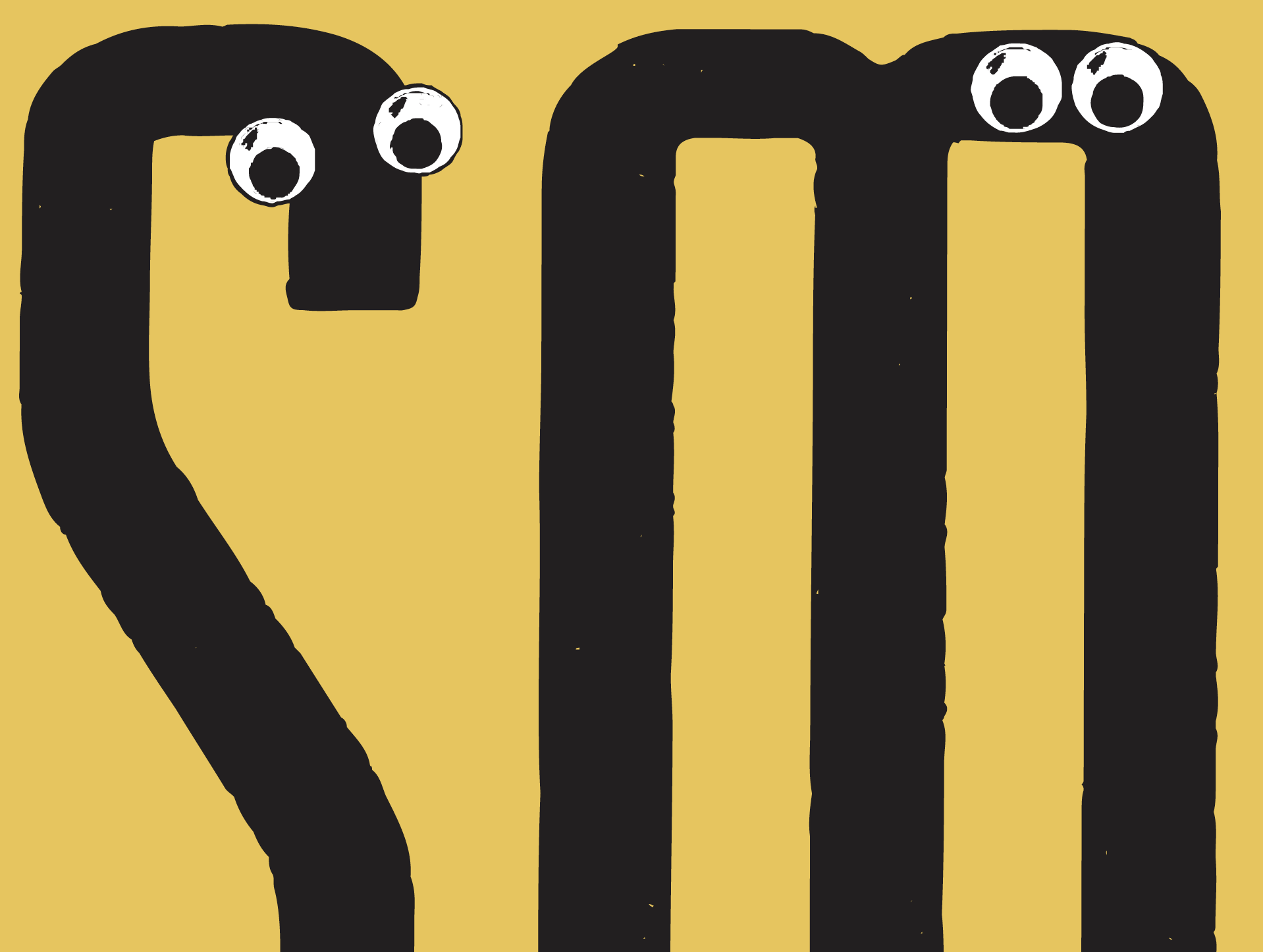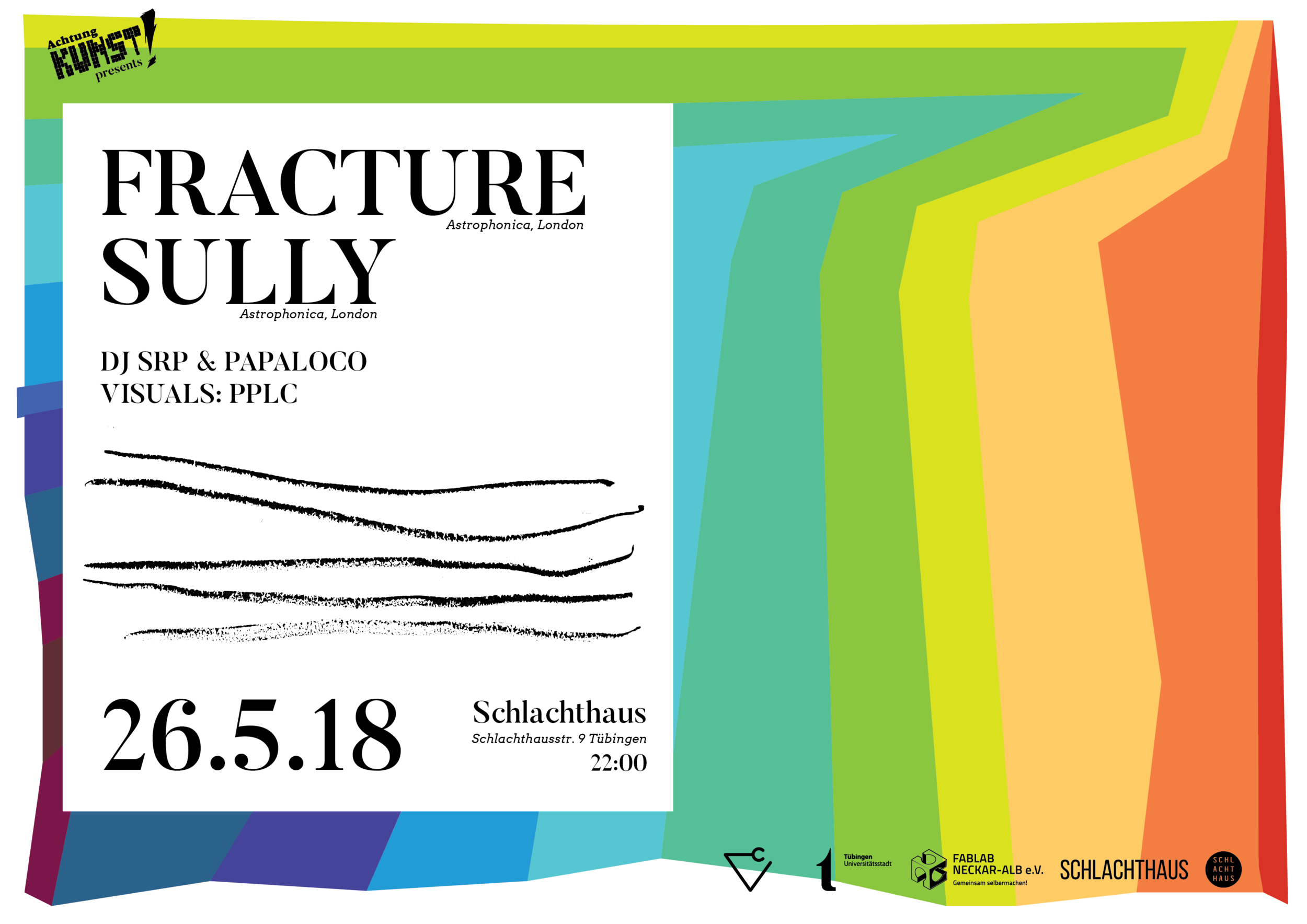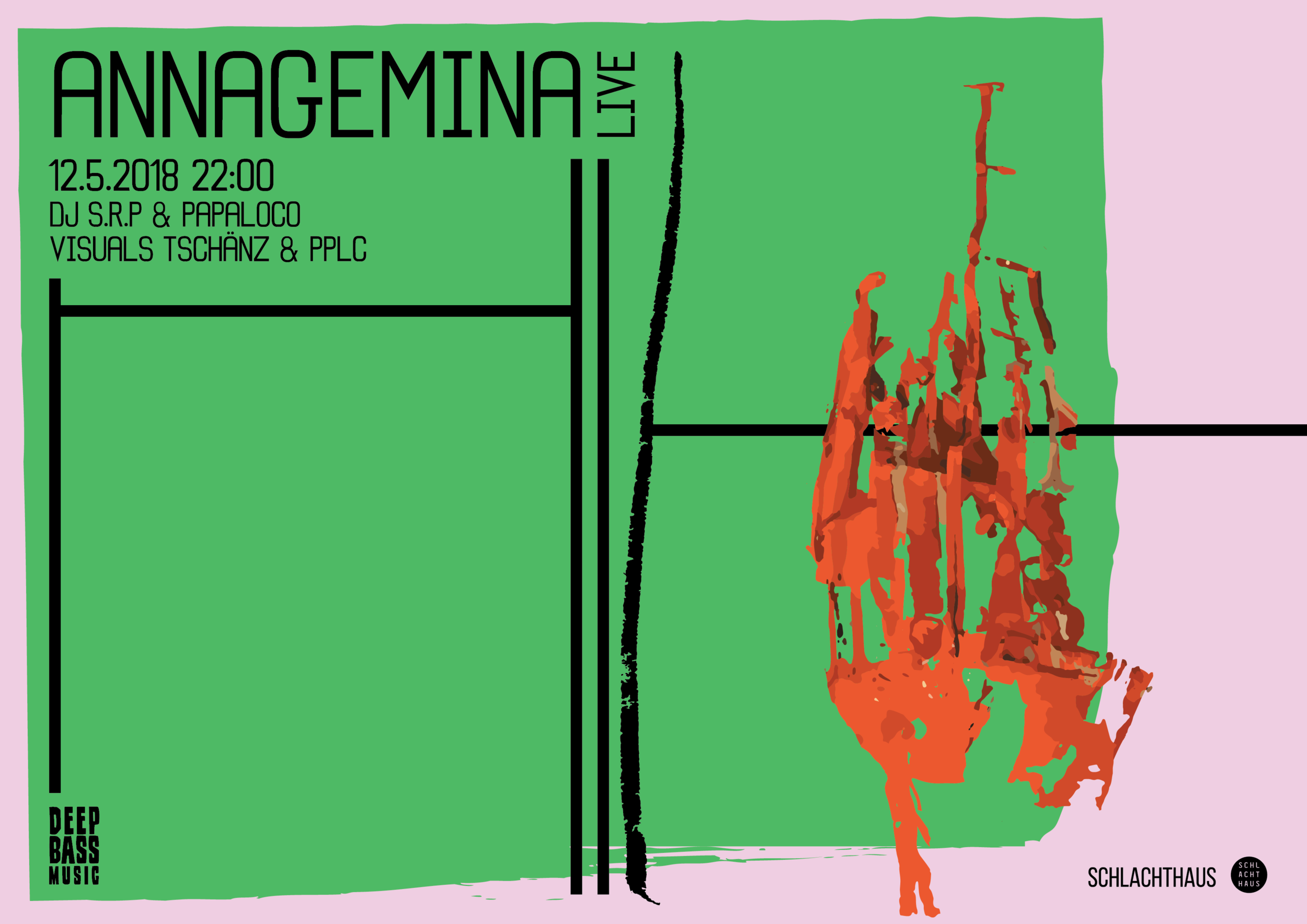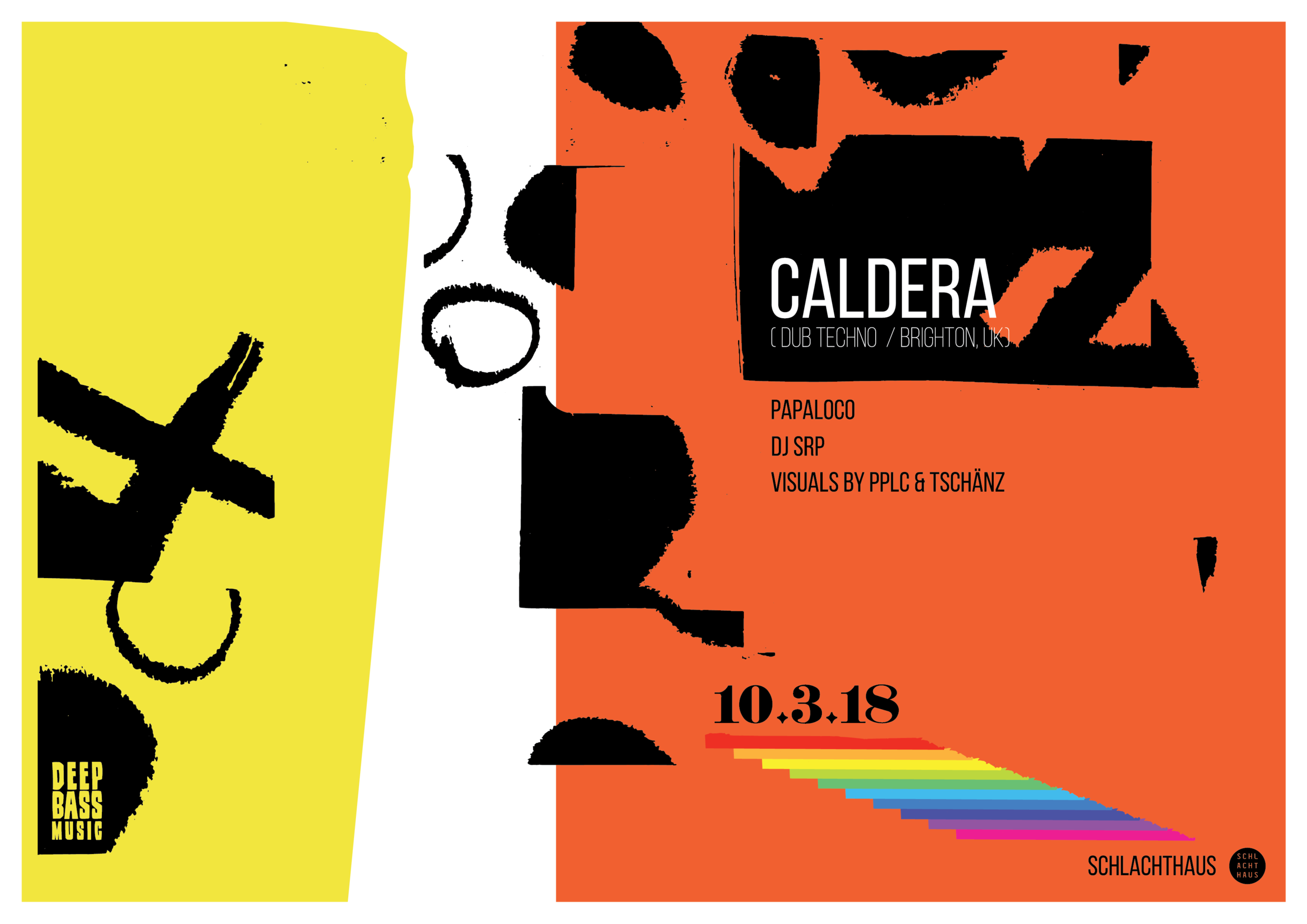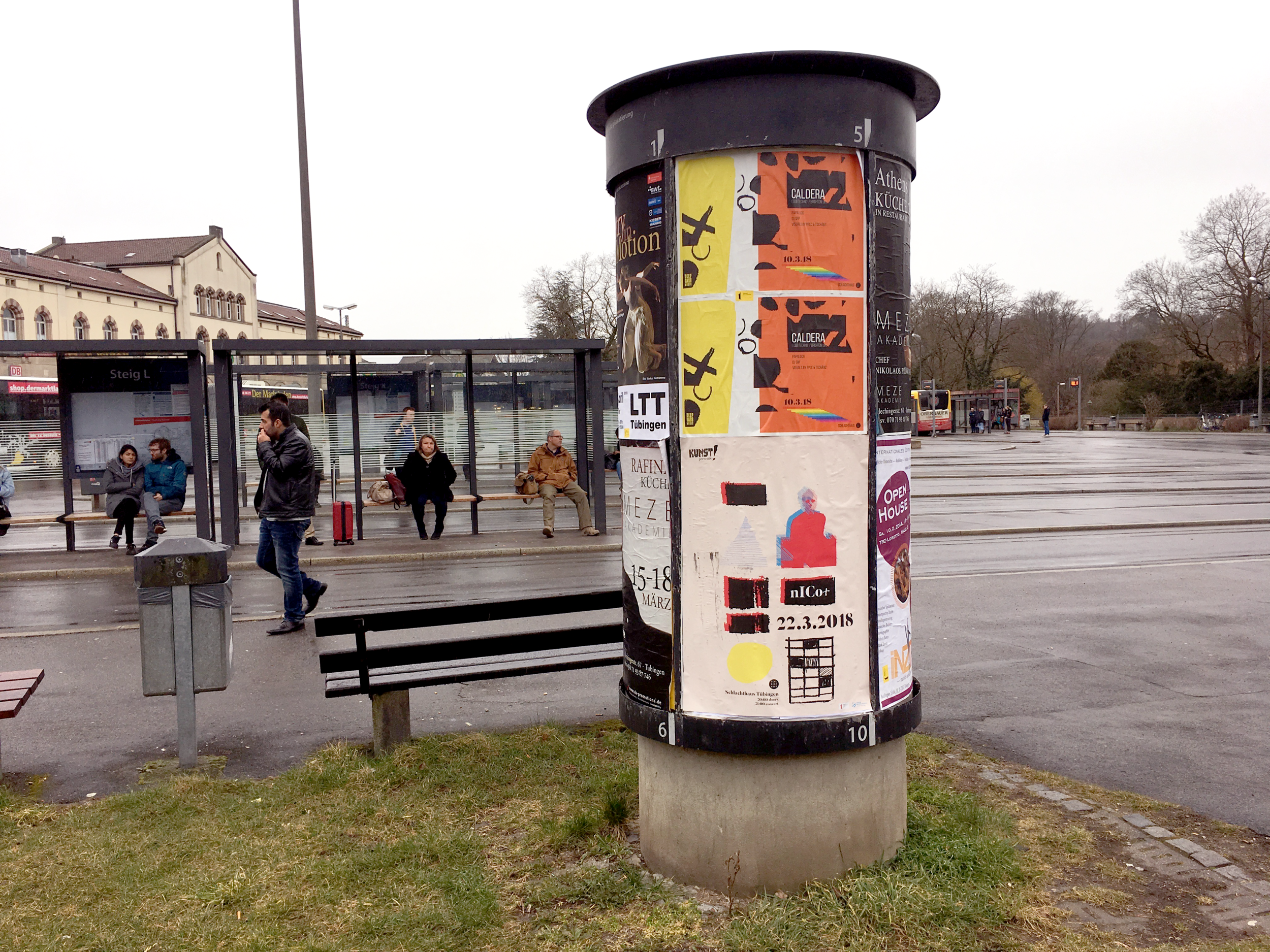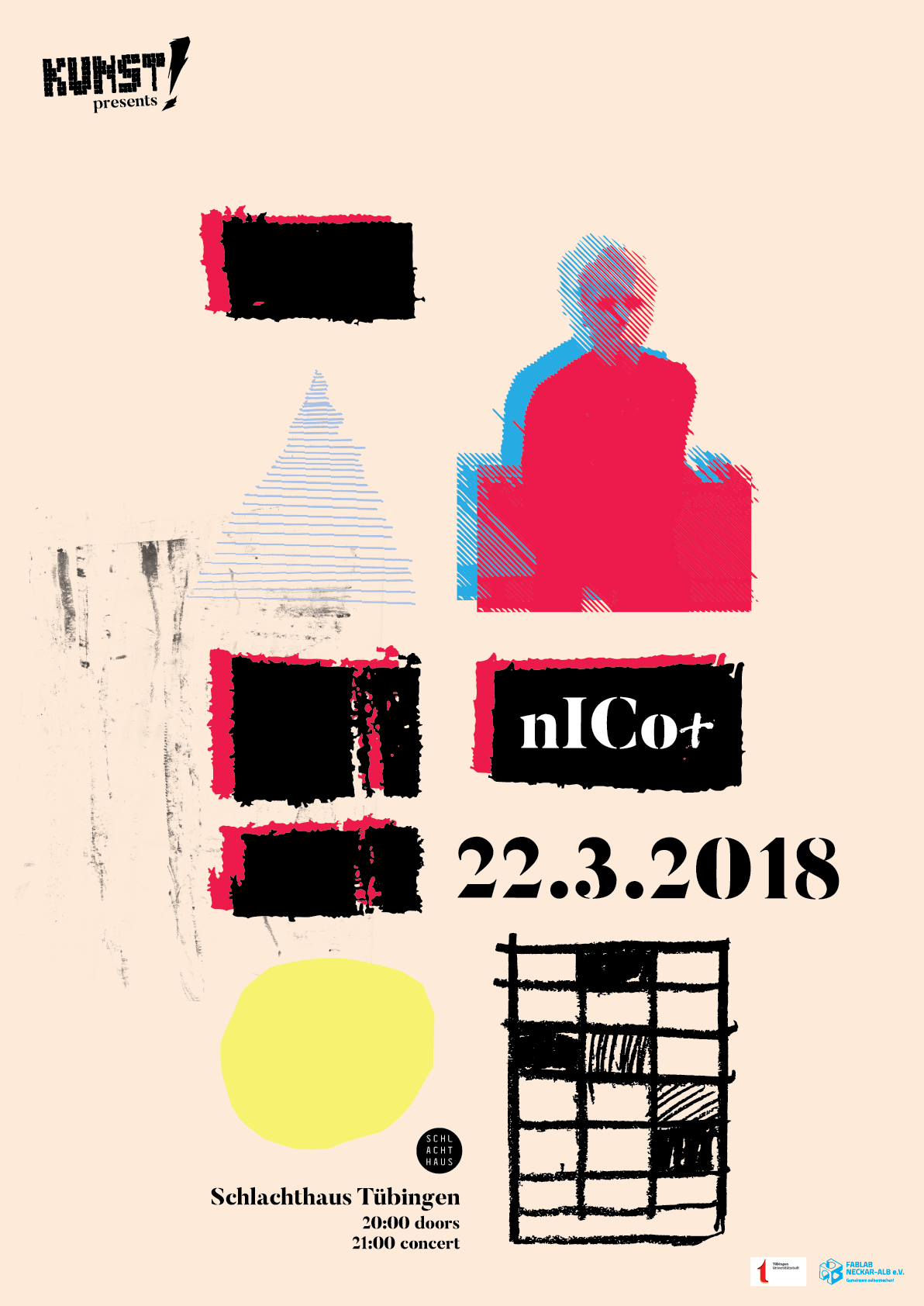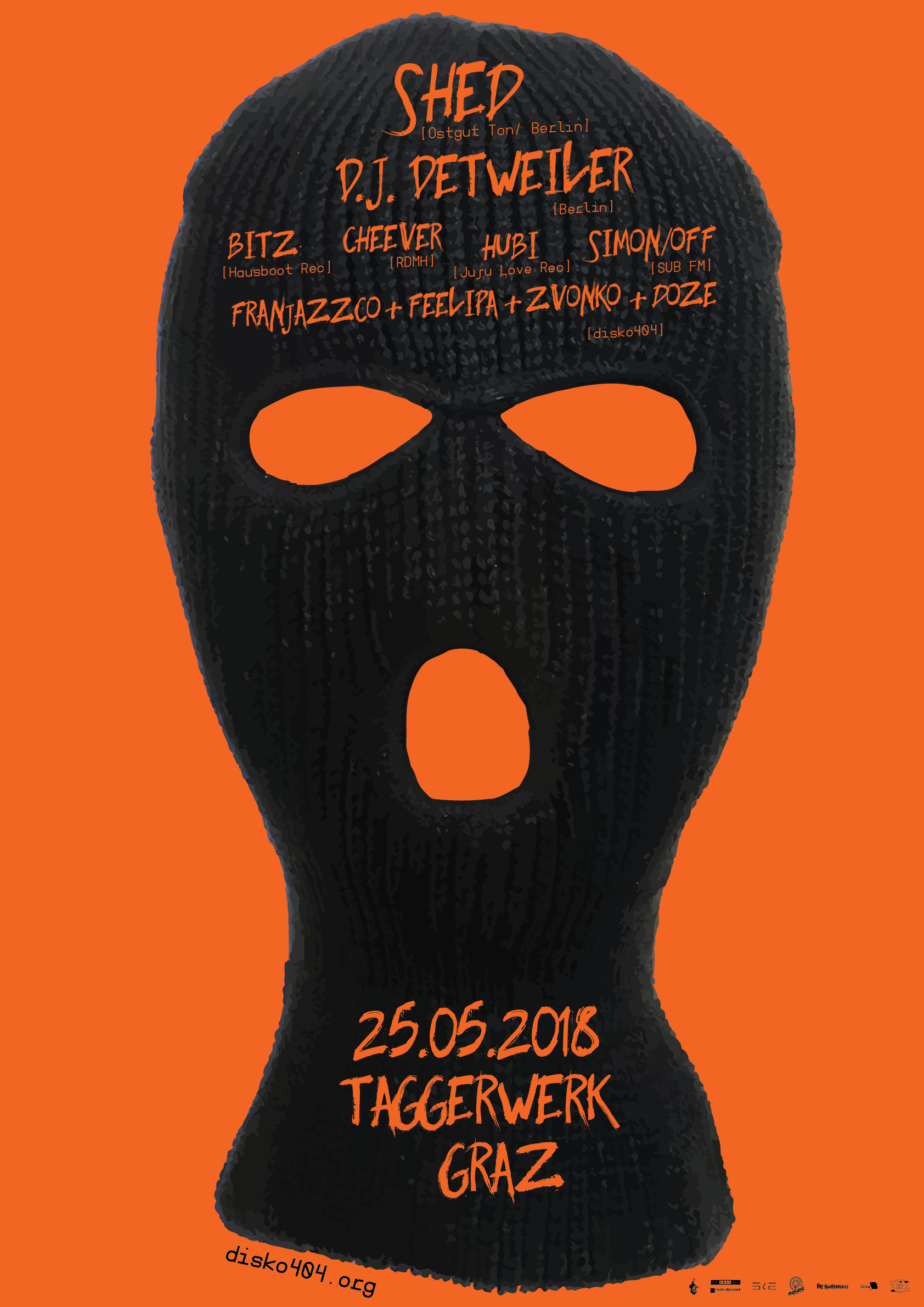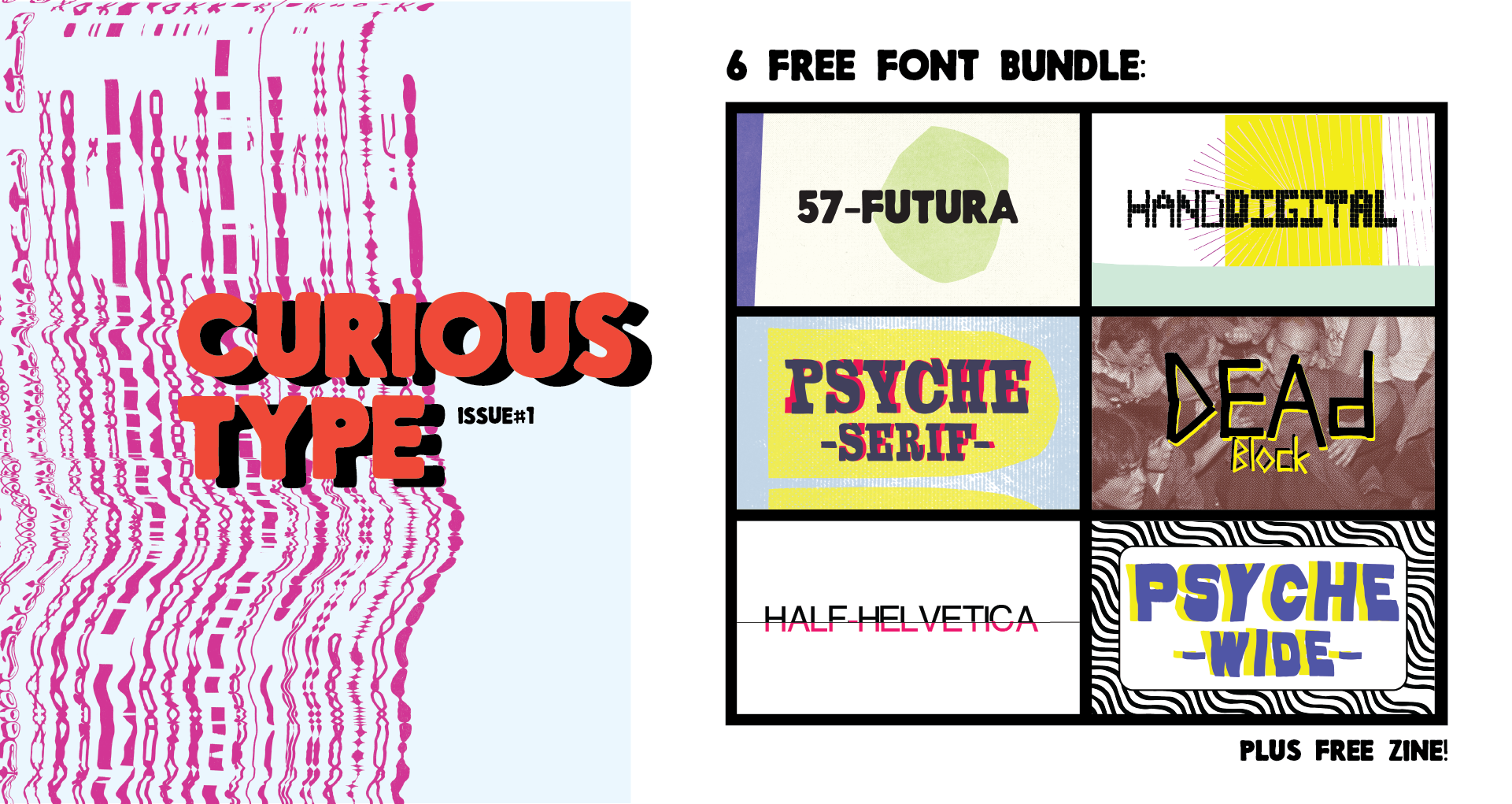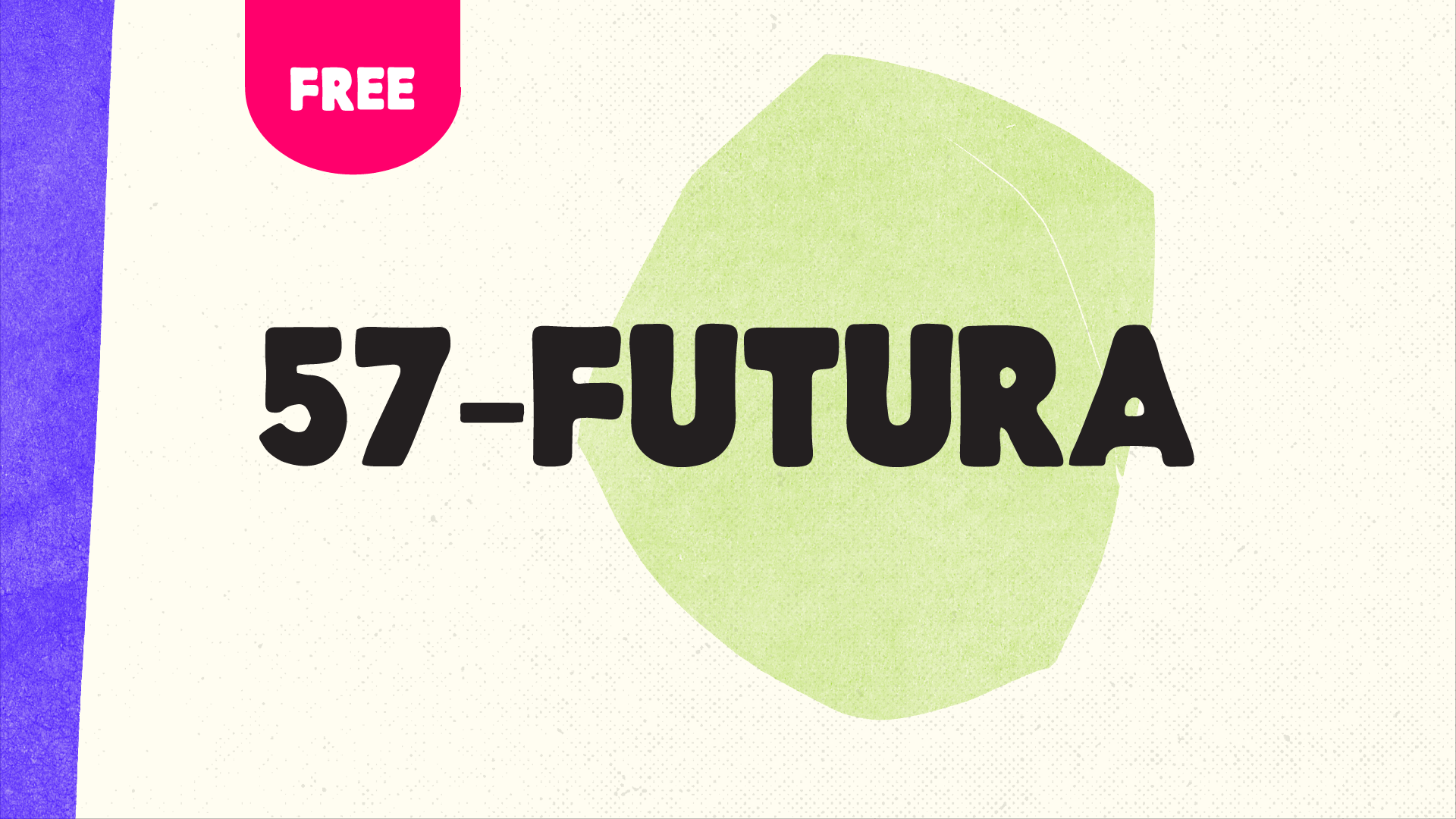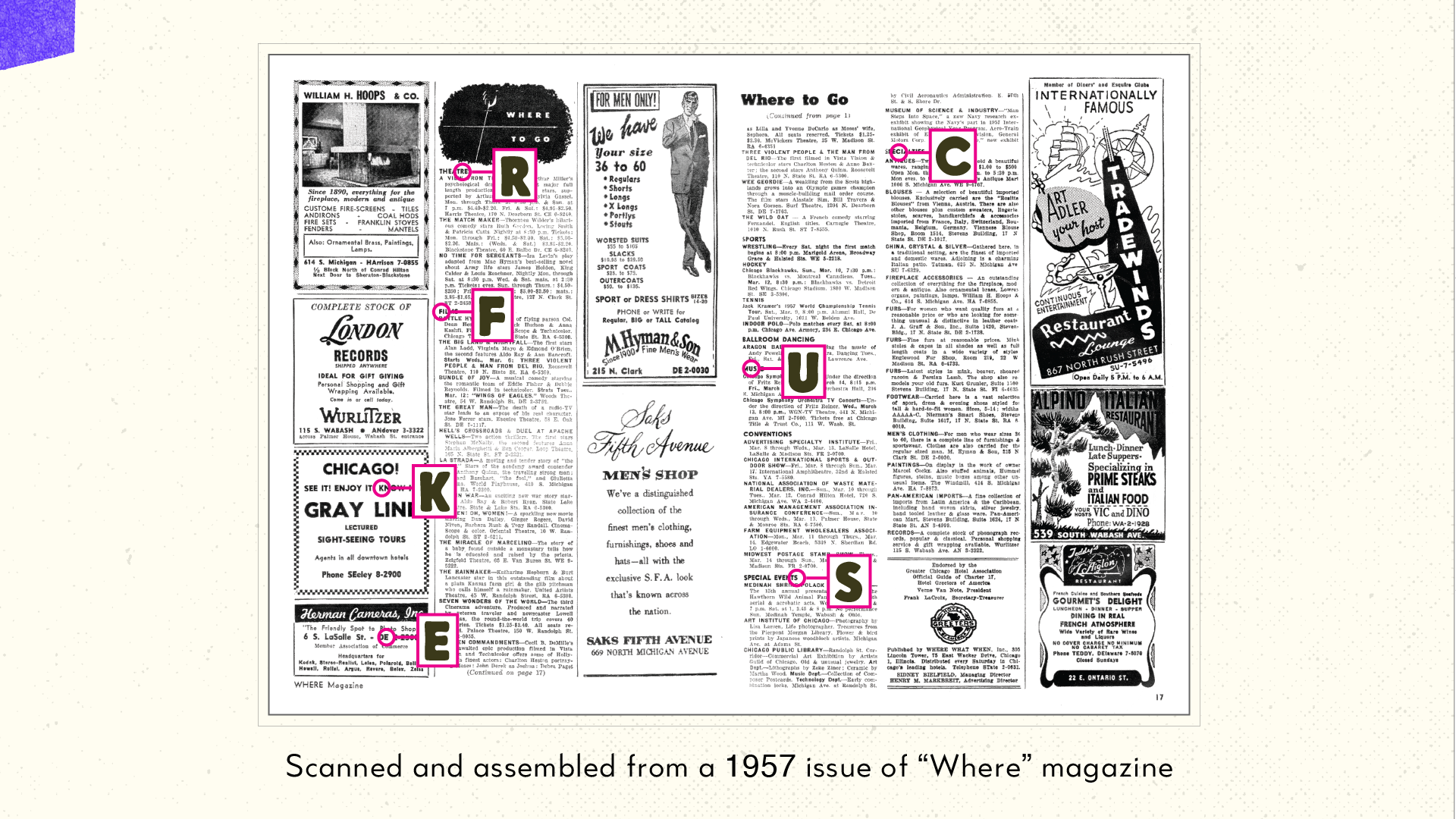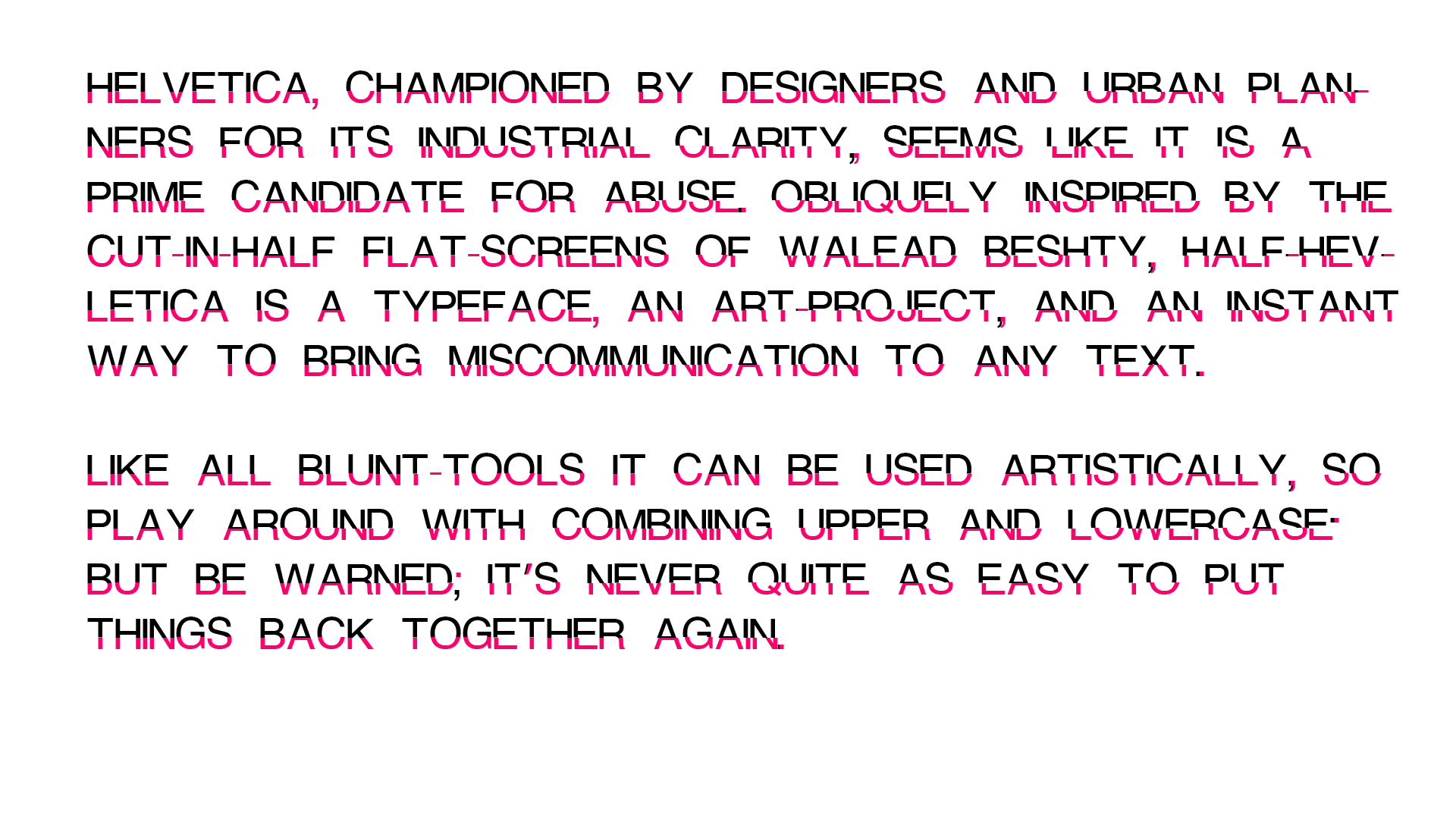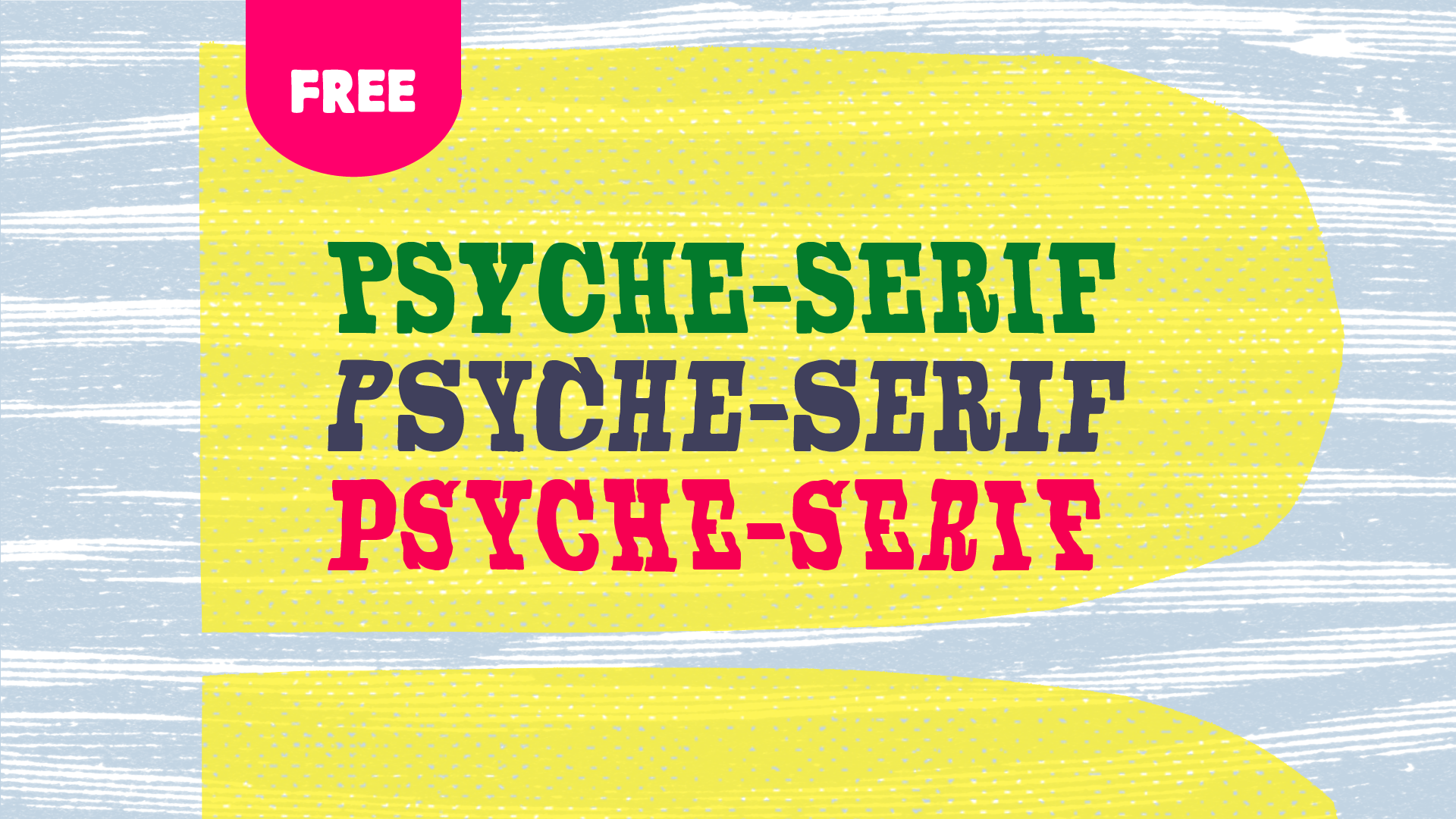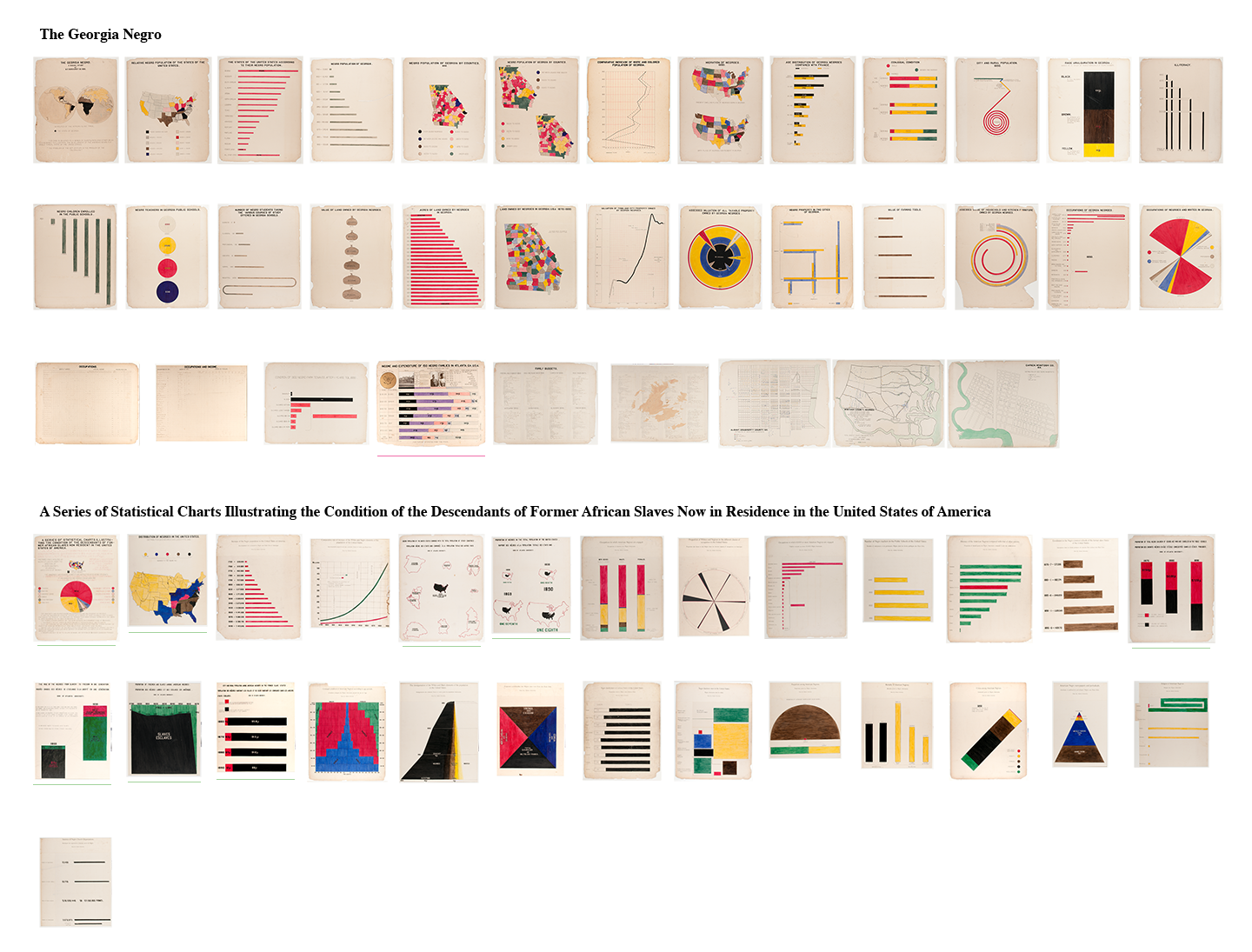Back in 2005, the electronic music magazine XLR8R asked me if I could interview anyone in the world who would it be. I blurted out Hank Shocklee in an instant. Shocklee was a co-founder of the seminal rap group Public Enemy and lead producer of the Bomb Squad known for his dense collage of samples, beats, and noise.
My breakout album “The Unrelenting Songs Of The 1979 Post Disco Crash” was released by Sonig and was named ‘Best New Music” by Pitchfork earlier that year, so the opportunity to meet a hero and talk shop was a treat of a lifetime. We (Jen & I) had already moved to Berlin, Germany to pursue a life as artists, and I conducted this interview on a cheap flip-phone standing on the street at the end of Kastanienallee in Berlin.
A few years later, the editor of XLR8R, Vivian Host, sent over this transcription of the whole conversation. There are some raw transcription notes and stuff at the end, but that kind of makes it better. Final article on XLR8R; https://xlr8r.com/features/hank-shocklee-vs-jason-forrest/
JF: Obviously the Bomb Squad did something no one else really had done at the time when you first began producing. Why were you so interested in all this noise?
Oh god. Noise. It’s funny because it’s not like I was interested in noise. I guess the noise came from more of it being a statement. At the time we wanted to do something that was radical. We wanted to do something that we knew was going to wake up people. We wanted to alert them to a message that was frustrating us, that we wanted to get out. So we were calling it noise because nobody wanted to hear it. They didn’t want to hear our message, they didn’t want to hear our ideas, they didn’t want to hear our ideologies about music and things of that nature. So we decided to give it to them in the way that in which we wanted to give it to them. So we bottled it as noise and we threw it at them.
I always like how the noise idea of Chuck’s MCing–this idea of a hard pill to swallow–matched up with this literal idea of noise. Of a Prince guitar solo being fed back and looped so that it made this big slab of sound. How the two referred to each other…
We were DJs first and being DJs…we were like mobile Djs. Mobile DJs were different. In the states, there were club Djs and there were mobile DJs. The mobile DJs is where the hip-hop spawned from. It came out of guys putting together their own sound systems.
JF: And tapping into light poles and things….
It started from that, it progressed to that. Its actual origins stemmed from guys putting together sound systems as a way of making money to go and play local gigs, like wedding receptions and things of that nature.
JF: Did you do bar mitzvahs?
Yeah, bar mitzvahs, whatever. It progressed into moving into the parks and everything because, as a mobile DJ, you didn’t Dj that often. You may have had three gigs out the month. You had a lot of downtime and with the downtime you got the itch, you wanna Dj. And the other place it stemmed from is the fact that when you’re doing these…bar mitzvahs, if you would, and birthdays and sweet 16s and things of that nature you can’t really play the kind of music you want to play. You had to pretty much do a playlist. Playing in a park gave you the latitude to play whatever you wanted to play and how you wanted to play. You got a chance to put together all your breaks and the hottest beats that you found and you could cut em up…
You could do anything you wanted to because you never had to worry about you having to please anyone other than yourself. That’s why playing in the park took off like crazy. Cats would do anything to play in the park. They would get their electricity from hooking up from someone’s apartment or house or going into a light pole and getting juice from the light pole – and which way you could get your electricity you would get it. So for us, we were DJs first, and we pretty much built our own sound systems. We would build our own speakers, we would build our own turntable cases, we built our own cases for records. We were pretty astute when it came to do that portion of it – we was very handy because it was cheaper for us. We built our own crossover networks…we did everything but build our own amps. We got into sound designing with a lot of precision – we were very much into sound quality. We made sure that our soundsystem sounded the cleanest, sounded the best, and it covered all the frequency ranges. [It] sounded like a huge, huge big stereo set – not just like a bunch of speakers pounding out bass and highs. We made sure that our soundsystems were incredible. From that, we were always into sound designing. Sound designing is my pet peeve – I’m always into frequencies, the way frequencies line up, I’m into harmonics. I’m into all kinds of things like that just to make sure the sound quality is incredible. As we started doing the music, all that stuff and all our training we had in DJing and building soundsystem moved over into making records because all our records is is the same thing but on a smaller level because you’re dealing with the record itself. So you have to deal with frequencies within the record as opposed to the frequencies outside of the record.
JF: I’d like to get into the technical part…well, not so technical..
Yeah, I don’t want to get crazy. You’ve got to keep me focused.
JF; How did you decide to choose this aesthetic? We had said that this noise matched up with the idea you were trying to promote – a message that people don’t want to hear but here it is anyways. Was there any precedent within this kind of dissonance, this clashes of the different frequencies, that led you to develop it like we did?
The message that we were sending out…and when you’re looking at Public Enemy, you’re looking at me and Chuck. It was basically our idea. We brought in everyone else that we wanted to bring in to help us fulfill our vision. The noise element came from the fact that we wanted to put together frequencies, or we wanted to put together the mood of the sound we were trying to create to match the message. And the message we knew was a very difficult message for people to deal with. We were rappers that wasn’t talking about parties, how dope we are, we didn’t talk about our riches and things that we have. We were basically talking about social and economic and cultural differences and position and things of that nature and politics. So those were the things that we were into. Those things are very difficult thing for people to swallow when you’re into music from a dance perspective or a club perspective. We didn’t talk about the latest dance, we didn’t talk about the drinks that you can drink at the bar, we didn’t talk about getting with girls, it was none of that. We were basically talking about what we knew.
In order for that to come across, we wanted to make that come across in an environment that was very close to what rock n roll is. My musical background ranges from all different types of music, from classical music to rock n roll from any period, any time. I listen to jazz, funk, I have an R&B background. My genre tastes were very broad. From that, all the different types of musics that I had encountered in my life were meshed together with PE. It allowed me to explore all those things. It allowed me to explore my classical background – I was very much into Rachmananoff and thecomposers that were more aggressive in their approaches. Leonard Bernstein was my favorite conductor because of his aggressiveness. I listened to heavy metal. Iron Maiden is one of my favorite groups.
JF: Now you’re treading on sacred territory!
Music to me is all one. The only thing I differentiate between music is good music and bad music. I don’t listen to fucking bad music. Anything that’s good to me is all one. Whether you’re listening to heavy metal or gospel or rhythm & blues or straight-up mainstream pop, there’s a thread that music has. If you can find that chord that strikes you then that’s what you go after.
Rhythm was a very big key with PE. I’m into harmonics from a dissonant point of view. I like the way harmonies work together and I can appreciate harmonies that don’t work together but they gel together. I love to morph sounds together to come up with new sounds. So with all those different things and frequencies that we have exposed to us we can create music from anything along the palette. Thus, PE was basically an experiment with sound. We wanted to come across – I wanted to make sure that the sound that we were doing matched the tone and the mood of what we were about. We were very angry about everything at the time – thus, noise was something that was coined out of the aggressiveness that we were creating. If you go back through musical history, anything that was done that pushed the envelope was perceived as noise. Rock n roll was noise. Classical music was noise. It doesn’t matter what it was, when it was introduced to the public it came to them as noise. We came across with a new form of music which was basically taking music that was already pre-recorded and pulling out the frequencies and sustaining them and stretching them and bending them and controlling them in a fashion that felt to us like rock ‘n ‘roll. We took anything and made it feel like a rock guitar whether it be a horn blast or a violin string pad. We wanted to make sure that those things came across as aggressive as possible.
JF: Just so you know…I grew up in South Carolina. I just live in Berlin because I’m a musician now. You talked about aggression. When I first got turned on to Public Enemy I was listening to straight-edge punk and I was a skateboarder. One day someone put on “Yo Bum Rush the Show,” and I remember thinking to myself that was the hardest music that I had ever heard in my life, it was the most aggressive thing. Why did you feel like it needed to be so hard?
That’s what we wanted to get across. That’s what we were all about. Our whole thing was about making it aggressive and making it hard because that’s what we were feeling. You listen to punk and you identify with the aggressiveness in the music. Punk has more of an aggressiveness than alternative rock, if you would, and even more than metal. That aggressiveness is the meat that drives us. It doesn’t have to do with an instrument – it just has to do with that aggressive vibration that we wanted to get and that vibration is the root of rebellion. PE was a rebellious voice and a rebellious group. Everything we were about was rebellion because we were never accepted into the mainstream of life in anything. We were just like the punk kids or the heavy metal kids that were out there. We were just like the hard hip-hop gangsta kids that were out there. We were all of that. That’s what we all had in common was the the fact that we were never really recognized.
JF: We’ve talked about metal a few times. If you watch Channel Zero there’s the Slayer crossover rap and the Anthrax song. How did you get involved with metal? It wasn’t really something that had happened in hip-hop at all before that point..
One of our first records that we did was Sophisticated and that was the Bad Brains. You know Bad Brains, they was like a fuckin’…like a speed metal..
JF: Like a hurricane.
What do you call them man? One of the things I hate is the classifications of music. What do you really call it? Three reggae cats doing speed metal. What do you call that?
JF: I just heard some Bad Brains the other day and I was just blown away by just how…I really just started jumping around the room like an idiot again. The first time in 20-some years, and I’m 34 years old..
The energy was so crazy. It was ridiculous. That was the first record that I took and then who did we bring in? We brought in Vernon Reid and he played on top of it. So now were taking this thing and really fucking everyone’s heads up. So now you got a bunch of hip-hop kids sampling Bad Brains and you got Vernon Reid, the black kid, doing some Jimi Hendrix guitar shit on top of it. So now everyone’s all fucked up on what is this. She Watches Channel Zero was part two to it. Now we wanted to do something that was even more aggressive and where do you find something that’s more aggressive? So we went into Slayer. I just love Slayer’s energy – it was so like we don’t give a fuck that we identified with and we wanted to use as the backbed for She Watches Channel Zero. Everything that we did was not done to try to create a new music – we wasn’t trying to create any kind of revelation on anything. We were just doing what we felt and that particular vibration. Everything to us was about records because we had such an extensive record collection. Our record collection was about 10,000+ records. We had them categorized and numbered – it was a record library within our studio. Anytime that we needed records we could go in there and look for them and the record collection was vast. That’s pretty much how I taught pretty much everybody. That’s how Chuck learned and Terminator learned. I had the most records and I had it set up like a library where they could come in and they could listen to music all day long. We had everything from spoken word to marches and speeches to anything from disco to pop to R&B to drum breaks to African music. It was vast.
JF: How did you have that variety?
I just bought man. If I saw people was giving away records, I would get ‘em. I went to all kinds of record collection fairs and I would look for vinyl. You know, diggin in the crates, that’s the thing. But the difference in me I wasn’t just looking for beats and breaks. I would look for everything – it didn’t matter to me. I would look for classical records, African drums, Indian music. It didn’t matter what the vibration was, we had it. We would listen to everything and that’s why you would hear all the different speeches, all the different spoken word parts, intros. We knew records down to a science, and that’s one thing we all had to learn. We had to learn every part to the records. Otherwise, you couldn’t even begin to have a conversation with us about records if you didn’t know a lot about music.
JF: There’s so many small elements of other people’s music that do pop out and are recognizable in your music. I’ve mentioned Prince, the intro for Fame from David Bowie, Beatles bits. Why did you allow things to be recognizable?
Because that was the fun in it. There was something that I wanted to be overtly recognizable – the David Bowie parts, the Prince part. It was the musical hook, if you would. If everything is unknown then it gets washed out. Some things have to have some context to it. So you could go “Oh! I know where that part came from! I understand where that came from!” But you’re not going to know where all the other things came from. Those things were done deliberately. Every record we made was a one-off. What I mean is that there is so much done in those records from sound manipulation that we don’t even know where these things come from. We’re dealing with a pool of ten thousand plus records. Where did we get a piece of a horn break from and we blended it with two other sounds? There’s nothing that we did that was straight up. If we put a kick drum onto a track it was never one. It would be layered with two other kick drums and those kick drums would cover different frequencies so that it would create one sound. If we wanted to do an 808, a deep bass sound: We would take the 808 instrument and use it, we would make our own 808 and we would truncate the parts differently. We would take the attack off the 808 off the front and just use the sustain portion. We may take it off of a record and scratch it and then take the warping sound of it and trigger that inside. There’s all kinds of different techniques that we use. There was no one technique that we used on anything. Every record was pretty much unique on its own. You can never just sit there and go “Okay, I’m going to go pull up an SP1200 and pull up a stock sound of a kickdrum and a snare and I get your sound.” No that’s not going to happen.
JF: You’re talking about this total musical freedom that seems to match up with the parties and this kind of scavenging that you guys had to do just to get started…This freedom was so powerful to me. Another thing I was always so bewildered by initially and have come to cherish are the little cut up parts between tracks.
I was just talking about that. You have to understand that to make these records work it was very detailed, it took a lot of time to do it.
JF: I would say in your case fetishistic…
It took so much time to do these things because the research that we put into it was the work that took us not that much time to do in the studio. We would do a lot of preliminary work before we would go into a studio. But that preliminary work could be a year of work, because we’re constantly going in, looking for different horns, different sounds, different snatches, different things that we can put together. We were into sound designing. We’ve always had sound effect records. We’ve always wanted to make the sound as visual as possible. The only next step is to actually make visual sound. We were doing foley that cats would do in movies – we were doing that on albums. A lot of the things that we were doing we were making up and if there were certain things that we couldn’t find. Say, for example, we wanted a speech that said things in a certain way but the speech that we found may have said half the phrase. We may go back in and listen to the way the speech was recorded and recreate the way the speech was recorded using all the studio effects we have. We would recreate a lot of things and then insert them in as samples so that those things became seamless. So that you think that some of that stuff was coming from a record, some of it wasn’t. We would add in the hiss. We would add in the crackle. All of the things that made it appear like it was a sample. Crackle now is a preset, hiss is a preset – white noise we called it. We created those things before all these companies even knew what the hell was going on. A lot of those ideas and stuff came from us. When you look at filtering, for example, that was a thing that we were doing because we stumbled across it. It was actually a defect in the original SB12 design. When you plugged in the plug into the mix out of a SB12, and the cord doesn’t go in all the way, it goes in halfway, it still makes a connection but it shaves off the high end. What was left was the bass portions of the sound. When we realized that we said ‘Oh wow, that’s a cool effect.’ We started doing that in a lot of the records. You were listening to a sample in different parts of frequencies. All those things were filtered so that we could manipulate them any which way we want. We could take off the highs or get rid of the lows – any combination of what we wanted to do to create the desired effect of what we wanted to create. All those little techniques …We just wanted to do something that was different that we felt.
JF: I’d love to talk about the music part for hours. Can we take a second to talk about what each member of the Bomb Squad did to make up the sound? That part to me seems really mysterious.
We all did everything. Being the Bomb Squad you’re going in the studio with everyone who is a producer basically, that’s capable of programming, sequencing, DJing. Every one of us were our own. Extended Bomb Squad members, if you would, were Flavor Flav and Terminator X, who both had input. Besides being me, keith, eric and chuck, there was flav and terminator x. Everything was divvied up to whoever was feeling what at that particular moment. If Eric felt like “I can add a little sequence part here”–it may just be a tambourine loop–then he would add that. If Flav feels like “I wanna add the timing to this little drum sample part you have inside a drum sample part,” he’s going to add that. Everything went through my control because I’m the one that’s overseeing the entire process. If I felt that Flav had the feel for this or Norman had the feel for that, or if I had the feel for that I would put it down, or Chuck. There was never no particular..nobody had a station. We were just all individual members but what we did do is we would get down as a band. Eric might be on the drum pads, Keith might be on another set of drum pads, Chuck might be on a turntable, Flavor might grab a bass, Terminator was on a turntable, I might be on a keyboard sampler. And we’re all just jamming – just making fucking mess. We record all this stuff – we’re running tape and recording all this nonsense. Every now and then you’ll get a moment that may last for about five seconds that will be the most incredible five seconds. That little piece might end up being a part of a record. So we were doing a lot of things like that so that we can have our feel as much as possible on things. We did not sequence things. We didn’t like sequencing. We wanted everything to have our feel and we wanted things to have that kind of off feel. If you really listen closely, a lot of the timing on things is not correct and it’s not supposed to be correct. If we want to put down a high hat part we might play the high hat to the beginning of the tape to the end of the song and we may play it by hand. The reason why is if you’re in a live band, that high-hat is going to be played by a live person. You can easily take a high hat, put it into a machine, quantize it at 16s, and let it run from beginning to end. That sounds very mechanical. You’re not going to get the loose feel of it. The timing of it is always going to be at the same length. When we play it by hand, the high hats are at different lengths and different timing.
JF: It’s more human that way.
When you’re putting that together and you start stacking a lot of those things, you’re getting a groove that’s being created from all the things that are a little bit off. That’s going to create something that I consider to be non-linear. Most records that are made today and the reason why records are boring and the reason why the best records are live records is because the records are linear and they’re sequenced out. They begin and end doing the same patterns, the same spacing, the same timing. You don’t get any rise because you cant play with any more intensity in the middle of the record or you can’t play with any less intensity the record starts to end. You’re giving the record a heartbeat, you’re giving the record a life. I think that records are supposed to be a living, breathing thing. It shouldn’t be dead and just stretched along a timeline. It should have emotions and feelings and everything else. We would put all of that energy into a track and that track would have a life of its own and when we put a vocal on top of the track that has a life of its own the whole record takes on another life. And that record moves people because we feel emotion more than something mechanical. Thus, those records are going to have a deeper connection to people. Music is about having a total connection between the person that’s making it and the people receiving it. There’s two performances that’s supposed to happen: us delivering you that piece of music and the performance that you as the end user are supposed to get a vibration as well. Both of those vibrations are totally separated from each other. That can only happen if something has life, so then it’s going to connect with people.
JF: I want to talk about your thoughts about how PE connected with people on a really shocking level. Like I said, I was a straight-edge punk skateboard kid, white, complete suburbanite, and had never heard anything like what you were doing and yet I became such a staunch fan. And it happened this way all over the world. Instead of having, like many hip-hop artist at the time, an only black or urban audience, you had a completely multi-racial and multi-economic level fan base.
That, to me, was the thing that made it…you have to understand something. PE never really got any radio play, any video play, PE was probably the most, I’m gonna say underrated because it was the most underground group that has spread that far. Its impact impact was a lot bigger than what was measured by the traditional sources of the way people measured impact in music: through radio play.
JF: Through PR stuff…You were more like the Velvet Undergorund in that you didn’t have corporate media backing – you really had a groundswell of real people.
Exactly. That was through the connection on a one by one basis almost. You probably found out about PE from a friend. It was never like a situation where you heard a radio station playing it or you walked into a club and they were playing it. A friend came to you and said yo man check this out. It spread like that, almost one on one in a way. And that connection was very important to us because we knew that was the only way to get heard. We did all kind of things to excite and foster that connection with people. Our marketing was another thing we were underrated in. We did so many things to create that groundswell and to make sure that you were energized in other ways since we couldn’t be on MTV and those kind of channels. We had to make sure that our packaging was so packed with stuff and information that you knew so much about the group and wanted to know more about what we were doing.
JF: I was looking at Fear of A Black Planet today and saw that you guys had a phone line, a 900 number that you could call…
We had so many things to energize our fan base because we had to. There was no way that anybody was going to know about us if we didn’t do those things. We spent a lot of energy and a lot of time in sensitizing them. We had to do a lot of things inside the record companies that they didn’t want to do. They didn’t want to do a seven-panel CD foldout. That was something that was never done. They only did two panels, and most of the time two panels was being extravagant. If you look back on a lot of your records, you just got one card back and front and that was it.
JF: I think having the lyrics on there was also such an important part. So that me, who had no connection to the theology that you, for lack of a better term, were preaching, then here I am assaulted by Farrakhan and everything else you were talking about and it made me really get interested in it.
That’s why it was important for us to have the seven-panel fold out! You’d be surprised–those things inside the record companies they were like “How dare you guys ask for these kind of things!” We were asking for things that no one ever asked for. All those things were needed. We put book lists inside records so that you could go in and purchase books that we were reading so you could further expand your knowledge as to what we were talking about. All of those things made you more of a fan of what we were doing. Not only was it something that was exciting you from an audio standpoint but also it was stimulating you from a mental standpoint as well.
JF: Kind of like Public Enemy as a way of life or something.
That to me is what was so beautiful about the group and that is why I think PE was one of the most underrated groups on the planet. It was one of the truest forms of how music gets to people that the record companies didn’t understand because things were happening around them and they didn’t really have any control over it.
JF: It’s funny but this was really how punk spread was by cassette tapes and radio mixes that people just spread by hand. That’s how I found out about Black Flag and the same way I found out about Public Enemy. You talked about having this multiracial fan base, how did this have an effect on you within hip-hop?
It’s funny because PE was one of the only groups that had a crossover audience, almost at the same time it was building its base audience. The base audience was black hip-hop kids – let’s keep it real. But PE was so huge amongst black hip-hop kids and it was crossing over at the same time to other ethnic groups. Most of the time, that just doesn’t happen in music unless they hear about it from a base first. They hear about it from a base first; it saturates that base to the point where that base is no longer interested in it, then it crosses over. That’s the way music normally goes.
JF: For me, I didn’t find out about it from any black kids. I think that’s the kind of interesting thing. Somehow it caught on with anyone who happened to pick it up.
Our intention was we were going after the hip-hop black kids. But because of the fact that our diversity was so there and the fact that we pulled in sources from our huge musical background, we appealed to everyone who was just into music. If you look back at everybody who was into PE. You can talk about the diversity all you want from the ethnic backgrounds to the different socioeconomic backgrounds. But let’s talk about what everybody had in common – everyone had in common was a deep love and appreciation for music. And that went without saying. You didn’t discover PE if you didn’t love music. You didn’t get into PE because you liked what they stood for, or you liked the way they looked – this had nothing to do with any of that stuff. This was all about music and it spread from there. That’s why I think the thread was so fast that it went from multi-racial and multi-cultural very quickly.
It started from the engineers we had. We had diverse engineers. We had Asians engineering, we had black punk kids engineering, white rock n roll kids that was engineering, we had white kids that was into Barry Manilow. They didn’t care. We had a diversity of people in the studios and they all loved it and they would send it out to people. The embryo started from just being in the studio. Rick Rubin signed us. A Jewish kid. He had a love for hip-hop, he kind of felt it. But he felt in love with PE. Rick’s first signing was LL. He liked LL for his rapping abilities. He fell in love with PE. He only had one another group which was the Beastie Boys and he was a member of the beastie boys. That goes to show you that if Rick could, he would have wanted to have been a member of PE. The love for what we were doing and what we was bringing about was there from the onset. And it just spread. The connection and all that came from the fact people who are true fans of music make music for people who are true fans of music.
JF: I think you have this dual issue of love and things that are strongly anti-authoritarian.
And things we hate…We’re against anything that’s about containment. Let’s thing about it. Race is a containment issue. It doesn’t have anything to do with anything. We’re all the same person. We’re vibrating on the same frequency right now. If you didn’t tell me you was white, I’d have to guess. Like, okay…I think? It wouldn’t matter. It’s only those things that are there to try to keep us from reaching our true point, our true selves, from being . Keep us down and keep us from moving forward. Everyone is trying to keep things from moving forward. Theey want to call this is rock n roll over here. Rock n roll is a euphemism for white people doing their own music? Why is that considered that when there’s black people doing that as well…There’s white kids that’s loving hip-hop. Why is it looked upon like Eminem is some sort of freak? There should be a billion white groups making hip-hop. What is this shit about everyone needing to stay in their lane.
That just goes to show you that just because you could be pro-white and not be anti-black. I think that we’ve been raised in a society that in order to be pro-something you have to be anti-something. I like orange, but I really like blue. I have to now denounce green. I fly with green too. We’re human beings and we are in a day and age that we are a lot more intelligent than our parents were and our grandparents were. We’re not allowed to show our level of intelligence. We learn a lot of stuff but we’re not allowed to demonstrate it. We’re human beings and we’re on a different level than everything else. Why can’t we be who we are without the weight of us having to feel like we have to fit in a certain zone? Everybody feels like they have to fit in somewhere in order to be down. So all those things are things that we were feeling. One of the things that we wanted to do was smash all that. Everything was so segregated to the point where you had to be the kind of person to do that. Now, it’s more accepted for you to be like. I was into PE and shit and you was into punk rock. TKTK. You could be a dumb-ass motherfucker liking jazz. What is this nonsense is just short-changing us as human beings?
JF: You’ve talked a good bit about sampling and mp3 technology.
TKTKT. The record business still wants to be in the analog world when we’re in a digital medium. No longer do the record companies have control of the access of distribution. They no longer have the final say on the entry of who can come in and who cannot. Back in the days, the only way that you could record was a record company giving you a budget that you had to go into a record studio…tktk. That was the method of control. They would pro. That allowed for some people to be in and some people to be out. The digital world doesn’t work off those principles. We can record at home, we can make our own record, we don’t have to press that record up, we can download or file transfer that record to the end user and the people can get it real quickly. You can . Before they had the rights to say what you can do and what you can’t do. When you can get dropped, and when you cant. Now they have less and less control over that. Why wouldn’t PE be available on MP3 because PE was about moving everything forward. Moving the consciousness forward. Of course we’re going to make the album available on MP3 because it’s the next format. You don’t even need cds anymore.
It’s over. Before the record industry became the record industry. The prominent industry was book writers. Who ever was a writer was a star. Then recorded medium came in and rock and roll stars are the new stars. The rock n roll stars being made off of the way things was in the bpast is over. You’re not going to see this period happen again. We are now going to move into another zone and who knows what that’s going to become because its happening now.
JF: If you look at all of music from the beginning to the present, only from 1975 to the present did musicians make money. From the rest of the time on, musicians have gone from city to city as troubadors. The only successful musicians who are out there playing at every shithole on the planet.
A significantly reduced lifestlye. You’re not going to have the other medium that’s going to be out there that’s going to get you that . I think there’s always going to be stars and superstar\s out there that’s going to be selling their 5 million records, there’s just going to be a whole lot less of them. The norm is going to be cats who are selling in the neighbordhood of 50 thousand to 100 thousands. There will be less monies available. Other ways that cats are going to have to make money as well. No longer, are you going to have a Jay z where these cats are making money primarily off of records. That’s ending as we see it. The ashlee simpson’s of the world, they have to find a television show, or a fashion company or a film star. You have to be this multimedia star in order to live that kind of lifestyle.
I think that’s always going to be there. The beauty about it is that you’re not going to go to an independent company. You’re going to start your own indpendent company. We’re going to be selling based on the people that want to do business with us based on the strength of what we’re delivering. There’s not going to be no more of the record companies and signing you and these big tours. There’s too many ways for cats to get other music now. I’m talking about five other artists in the same zone that are better than what the majors are putting out. That just means that the major can’t no longer be the tell taler of what they think is dope anymore. Or they’re going to do other things. I think that the record industry is going to become what the book industry is going to be now. TKTK. The dam has been broken. The internet is here. Once they’ve digitized the music and made it available on that level.
JF: It was over when they digitized it from vinyl to CD…
Becauuse it became less physical..
All that happened is the computer people said now its digital. We can pick it up . Nobody had a vinyl presser. You couldn’t make cassettes. You could record cassettes but you had to record them from somewhere. You had to go to the record store to get the vinyl. The minute it became. All the TTKKT. All that new money that was being generated made them go into a frenzy. All that music is now digital and now you can get it off of your friends. I could send you stuff. They’re trying to attack the file sharing scenario. Music’s always been free. They just mad because they’ve got no control over it. As they stop someone on this CD.
iTunes is the future. You can now make a record, independently, put your cover out and put it on iTunes and it can stand up next to the majors. Whose going to know the difference? Before then, you had to get your record into the retail store. Itunes has a situation where you don’t have to leave your home and go 20 minutes to a record store to find out if a record is out of stock. They’ve got variety. So the record companies to get over now they’ve gotta be so innovative and they’ve got to be more creative. They put their stock into marketing and promotion instead of the creative. If they were creative, they would get all of the old Black Flag unreleased materials and start releasing them. Now you’re going to look for exclusives now. Now you’re looking for those exclusive items but you’re not going to buy them coming out with another brand new artist.
Why would I wait for a record company to sign you. It turns record companies to antique dealers. That’s why they are now downsizing because they can no longer make the profits that they were making.
Im building a web portal that’s coming out. That web portal is going to be a total access information online interactive community where whatever you want to do – DJing, you’re into music, media, you’re a manager, you’re going to find information on things that can help you develop your business. You can link into communities that can help you launch inot. You will link into communities that deliver the kind of music. It’s called Shocklee Entertainment. It’s going to feature a lot of the projects that I have coming out. All kinds of albums that I’m doing with different types of artists and different genres. Videos available. I’ve done a bunch of deals with different directors. Ladies on the Mic.net – all female in music arts and entertainment that’s going to have all different types of news and events that’s all dealing with females and their art. Headshopx.tv for DJ culture and records; cats can come in and download stuff to each other and communicate to each other with message boards and networking and having events and things of that nature. Nationofbillions.org is a link site that links up every organization throughout the world media-wise where you can find out all kinds of information about media. Like if you wanted to know everything about everything, you would go to Yahoo. This is more tailored. You just want to know things are specific. What are things I can go do in Manchester and it will be able to show you all the things that are happening. It’s like a Yahoo tailored to people that are into entertainment.
JF: Is your emotional connection to music changed by getting it digitally?
I still have both. I still have that deep connection but if you’ve never had the vinyl and you’ve never had the physccial. I don’t think that you’re going .
You’re definitely going to lose that. But I tend to think that whatever you lose in that respect you can make it up. Because you got websites now that they can give you a little bit more than what was giving before. You’re going to lack that touching of it, as far as you learning and feeling more involved with it. I think it’s a little better now than it even was back then. There’s information on groups on there that I would have never had if I would had just bought the album. I have a bio on the drummer and the guitar player – what he likes, what he’s into what kind of guitar. Before it was just the matter that I had to know that there was a drummer, bass player, and a guitar. You can get more involved. You can know when they were born and I want to know as much about the artist as possible.

